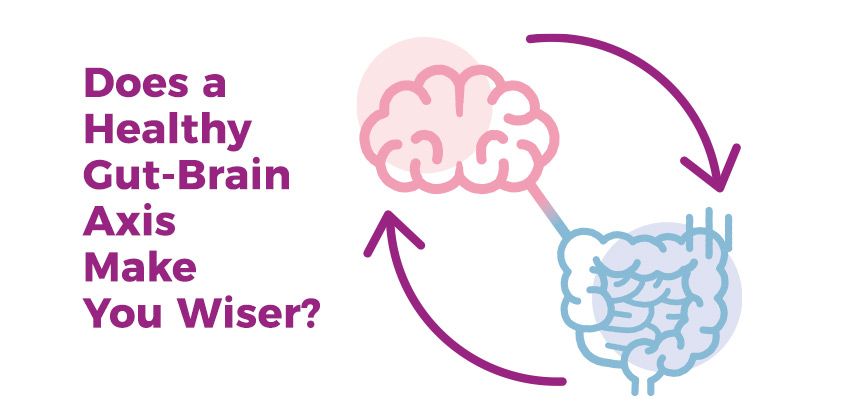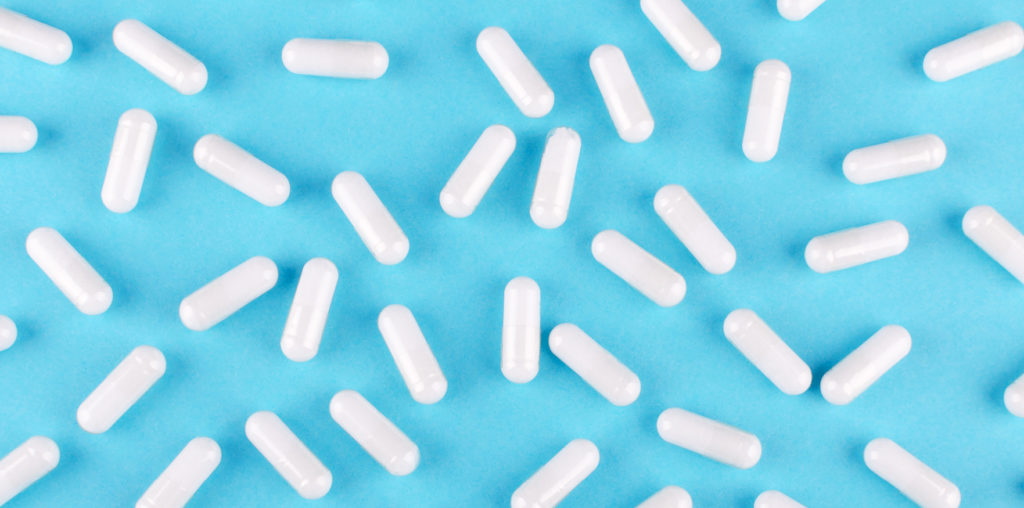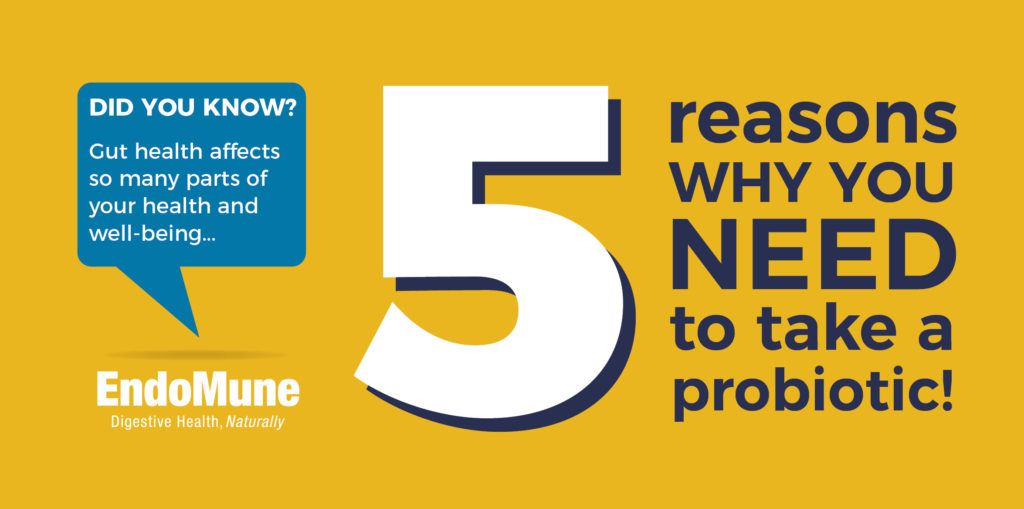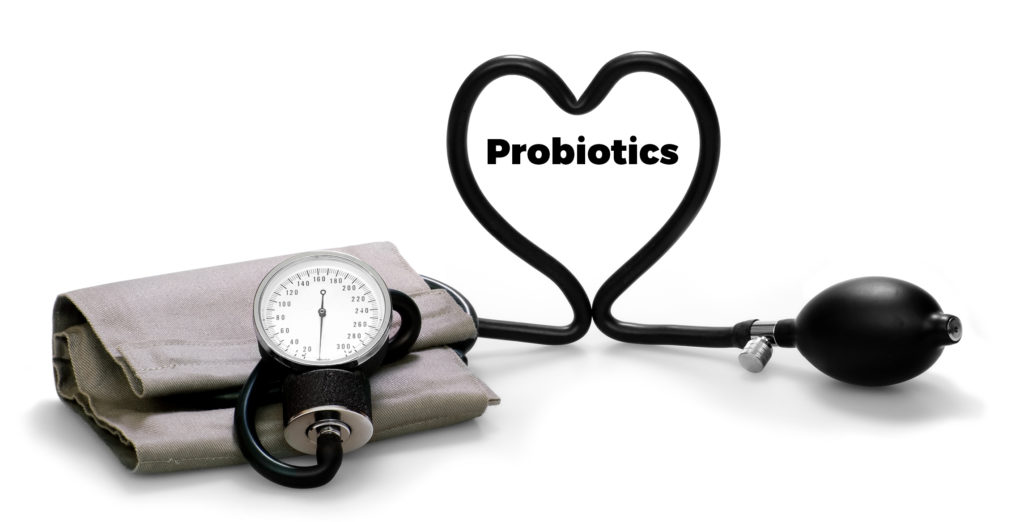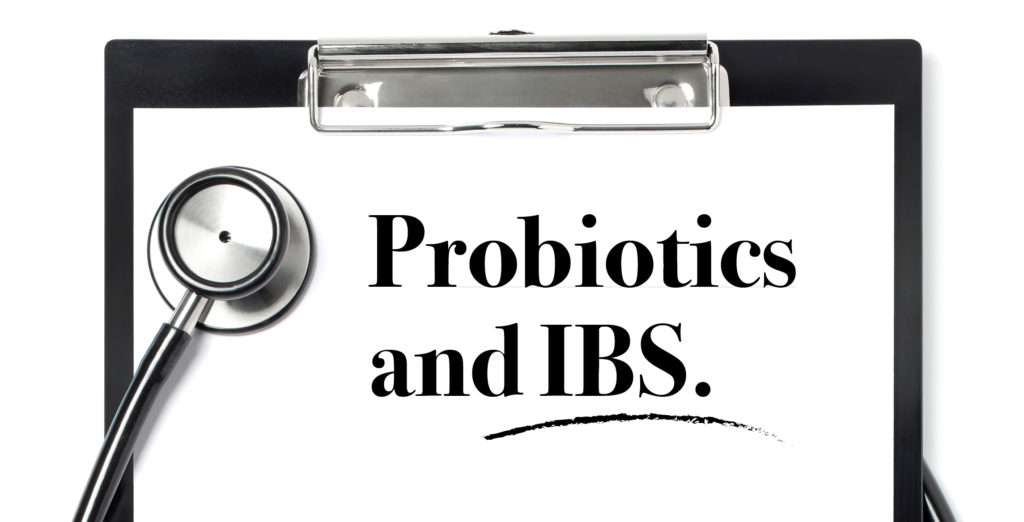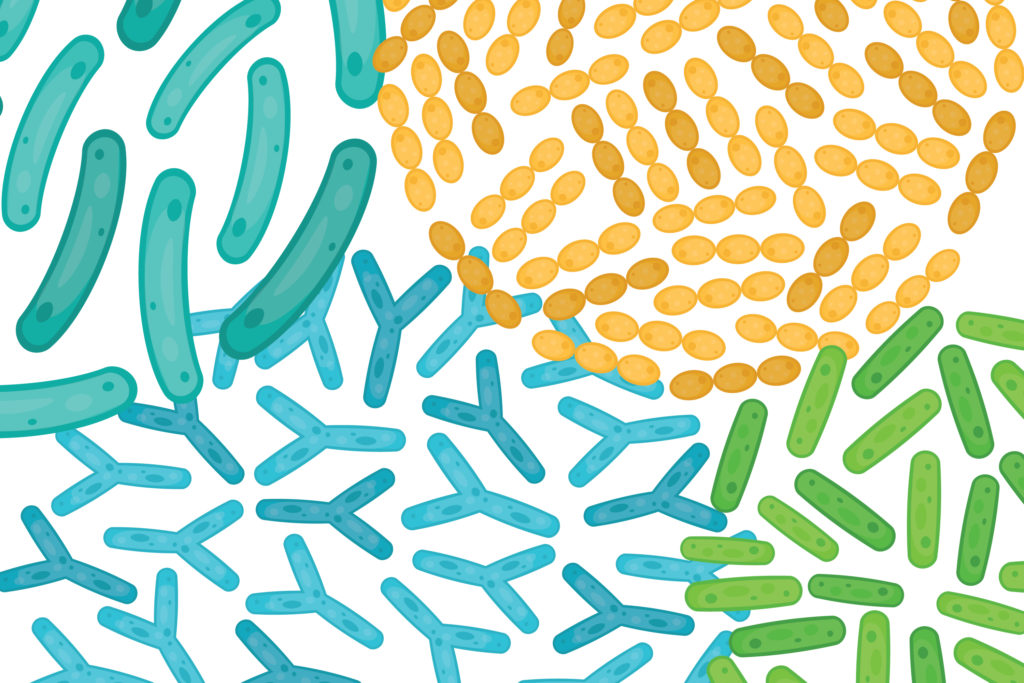If you follow my blog and keep up with the news, you’ve heard about a pair of recent studies published in the medical journal, Cell, that found probiotics may have very limited value.
Unfortunately, the mainstream media — seemingly everyone from CBS News to Forbes — jumped on the bandwagon to dispute the value of probiotics without looking at their considerable and proven benefits over time, many of which we’ve discussed here.
Since you have some questions and concerns about these reports, we have some answers.
What do the studies say?
Study one examined how well a generic probiotic with 11 strains of bacteria could colonize the intestinal lining when given to 25 healthy adults, as determined with a colonoscope taking specimens from the mucosa, versus a placebo.
This approach differs from most previous studies in which probiotics were measured in stools. Their justification was to determine if the generic probiotics you find at most supermarkets “colonize the gastrointestinal tract like they’re supposed to, and then whether these probiotics are having any impact on the human host.”
Study two investigated whether patients should be taking a probiotic when they were prescribed an antibiotic to prevent antibiotic-associated diarrhea.
Twenty-one healthy patients were divided into three groups: Seven took an antibiotic, six more were given an antibiotic and the same generic probiotic from the first study and the rest received an antibiotic and pills containing fecal samples from their own microbiome.
What were the results?
In study one, the generic probiotic bacteria were found in the stools of each patient, and only in the lining of the colon of a few patients. This finding led scientists to conclude that, if probiotic bacteria weren’t found in the colon, they’re not beneficial. It also explains why many stories reported probiotics were ‘’useless.”
The results of study two were a bit more complicated:
- The microbiomes of patients who received just an antibiotic returned to their healthy composition after 21 days.
- Patients given fecal transplants experienced a normal intestinal microbiome within days after stopping the antibiotic.
- Among patients treated with a generic probiotic, their microbiomes did not return to their original composition even five months later.
Problems with both studies
Now that you’ve had a chance to review both studies, it’s easier to see why taking these results at face value is tricky.
The problem with study one that examined the use of a generic probiotic was pretty straight-forward. These generic probiotics were given to healthy people with normal microbiomes, so the beneficial bacteria wouldn’t find a place in the lining of the colon to colonize.
In fact, the immune system of the intestines and existing microbiome would prevent it!
Studies have shown when patients struggle with gut health problems like irritable bowel syndrome (IBS), taking a good probiotic can treat their symptoms and rebalance their microbiomes. So, probiotics aren’t “useless!”
In study two, because patients treated with a generic probiotic after receiving an antibiotic didn’t return to normal right away, researchers assumed the probiotic might cause ”harm” by increasing their risk of intestinal disorders. Moreover, researchers suggested patients “personalized probiotics” in the form of fecal transplants might lessen any risks.
Unfortunately, this phase of the study set up patients for more health problems like diarrhea down the road, merely by giving them antibiotics.
Plus, antibiotics change the composition and balance of bacteria in the gut, which may increase the activity of enzymes that trigger a faster absorption of carbohydrates, leaving you more vulnerable to obesity and diabetes.
Remember those extra carbs and fats feed poor dietary habits that disrupt your gut-brain axis, the biological connection that links your intestines, brain and emotions.
One more variable this research team didn’t consider in either study: The contribution of prebiotics, the non-digestible starches that feed the bacteria in your gut contained in a lot of probiotics, including EndoMune Advanced Probiotic, EndoMune Junior Probiotic and EndoMune Metabolic Rescue.
Prebiotics have been shown to offer a number of health benefits connected with probiotics, like improving your sleep and giving your body some extra protection from type 2 diabetes.
Also, I have to take issue with the use of fecal transplants to engineer the results of this study. Fecal transplants may have performed better among three options in this second study, but going this route isn’t without its risks, especially if you’re receiving fecal matter from another donor.
In one 2015 report, a patient was successfully treated for a recurring C. diff infection with a fecal transplant from an overweight donor (her daughter) only to gain 34 pounds in just 16 months.
In other cases, people who have tried “do-it-yourself” fecal transplants from donors have suffered brand new health problems they never expected from people who seemed to be very healthy, but were carriers of germs they could pass on to others.
I cannot stress enough that using these results from both studies to imply that probiotics in many cases are “useless” or “harmful” just isn’t accurate.
As a physician specializing in gastroenterology, I’ve seen firsthand how the use of probiotics has changed the lives of patients suffering from simple problems like constipation and hard-to-treat ones like IBS. Also, patients who are on a strong course of antibiotics may avoid the risks of experiencing life-threating infections just by taking a probiotic too.
